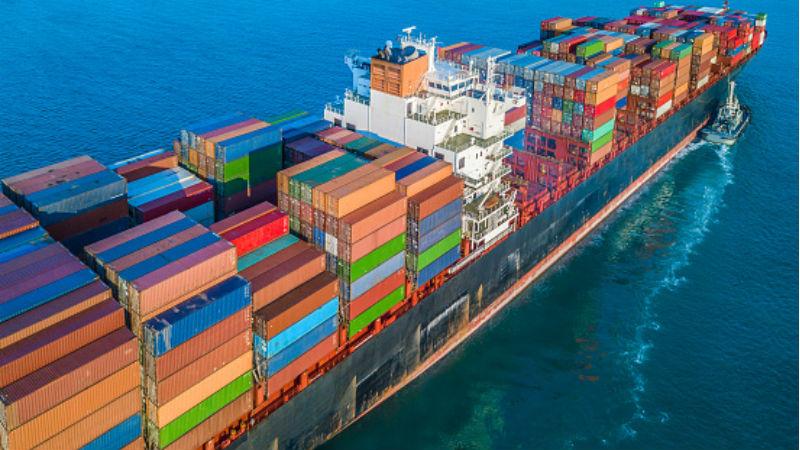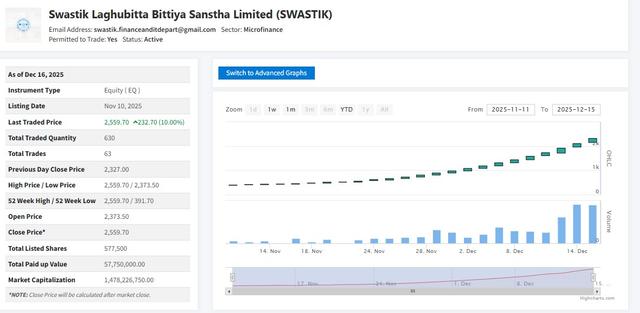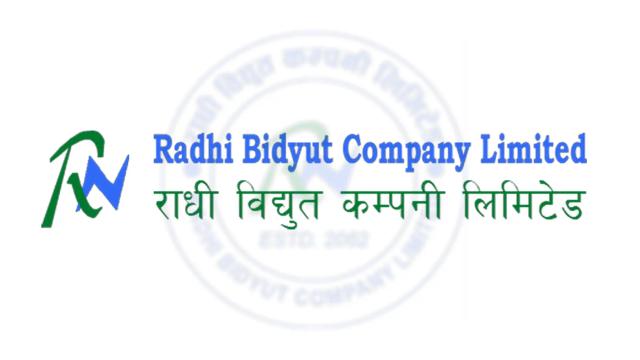Food Imports Still Soaring – Nepal Spends Over Rs. 16 Billion on Cereals, Oilseeds, and Vegetables
Author
NEPSE TRADING

Nepal’s agriculture sector remains heavily dependent on foreign products despite years of government promises to achieve self-sufficiency. According to the Department of Customs, during the first three months of the current fiscal year 2082/83 (mid-July to mid-October 2025), the country spent over Rs. 16 billion on importing key agricultural and food products such as rice, wheat, oilseeds, vegetables, and fruits.
Under Chapter 10 (Cereals), Nepal imported Rs. 12.47 billion worth of rice, wheat, maize, and other grains. Similarly, Chapter 12 (Oilseeds and Oleaginous Fruits) shows that oilseeds and related crops worth Rs. 4.28 billion were brought into the country.
The import of fresh produce is also striking. Nepal imported Rs. 8.64 billion worth of vegetables (Chapter 07) and Rs. 8.80 billion worth of fruits and nuts (Chapter 08). Combined, these four categories alone accounted for over Rs. 34 billion, highlighting the deep-rooted dependency on food imports.
When it comes to exports, the figures are negligible. Exports of cereals stood at just Rs. 31 million, oilseeds at Rs. 458 million, vegetables at Rs. 353 million, and fruits at a mere Rs. 8 million. This stark contrast between import and export values clearly indicates Nepal’s weak domestic production base and its increasing reliance on imported food for daily consumption.
Economists say this trend poses a serious challenge to Nepal’s food security. Rising production costs, labor shortages due to foreign migration, inadequate irrigation systems, and limited access to modern farming technologies have weakened the country’s agricultural productivity. As a result, Nepal’s foreign exchange reserves face growing pressure from high import bills.
Most of Nepal’s food imports come from India and China. While these imports temporarily meet domestic demand, they have a long-term impact on the trade deficit and inflation levels. In the first quarter alone, Nepal’s total trade deficit reached Rs. 395 billion, a significant portion of which came from agricultural imports.
Experts emphasize that Nepal must urgently work toward self-sufficiency in rice, wheat, oilseeds, and vegetables. They recommend increasing investments in irrigation infrastructure, seed improvement programs, storage facilities, and direct subsidies for farmers. Without these structural reforms, Nepal’s food security and economic stability will remain at risk in the coming years.



